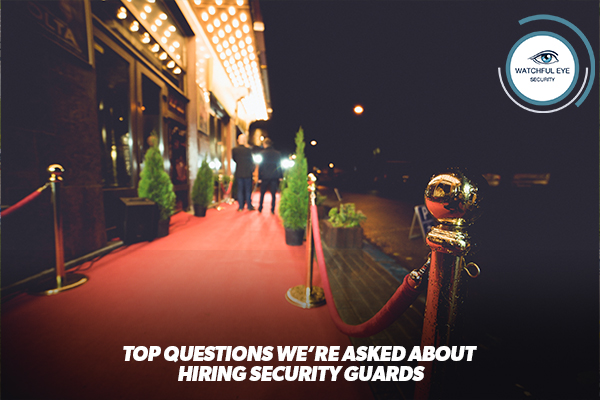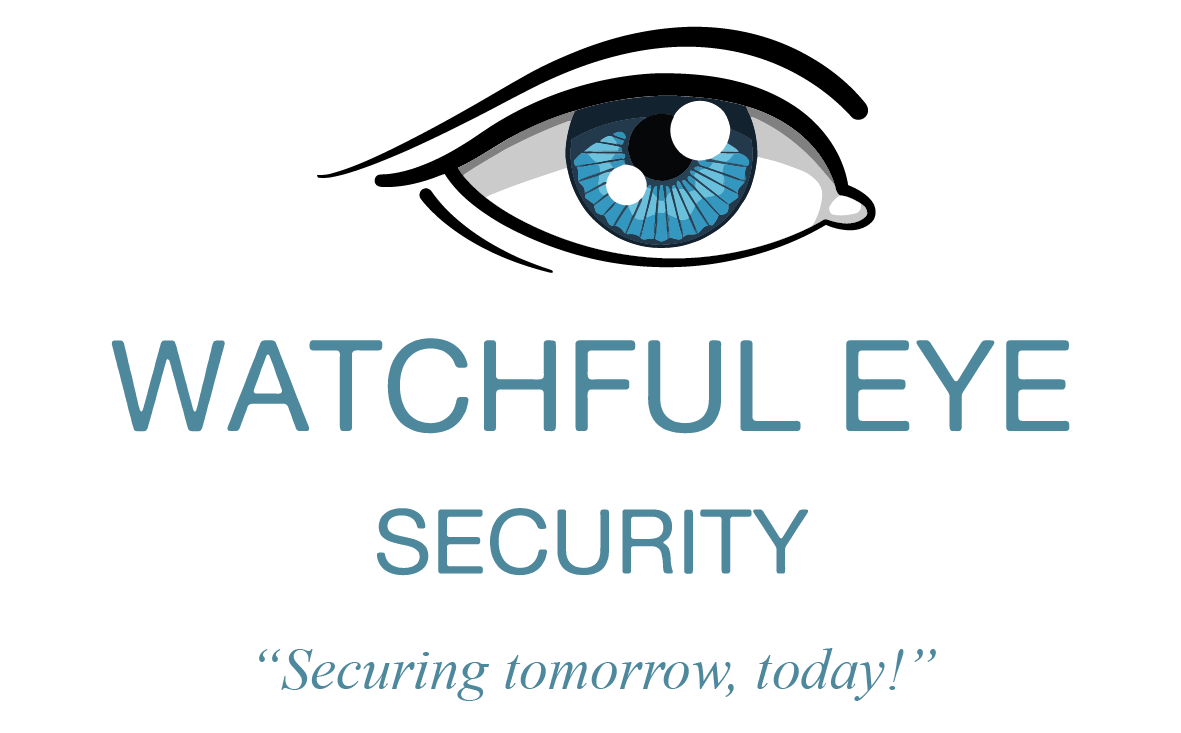
Top Questions We’re Asked About Hiring Security Guards
Many assume that security guards are only necessary for high-risk environments, but that’s far from true. Businesses of all types can benefit from a trained, on-site security presence.
Security guards help:
- Deter theft, vandalism, and trespassing
- Respond quickly to incidents or emergencies
- Create a safer environment for employees and visitors
- Monitor access points and enforce policies
If you manage a property, store, office, or event, hiring a professional security guard can prevent problems before they start.
2. What Types of Security Guards Are There?
Different environments require different kinds of protection. The most common types of security guards include:
- Static guards: Stationed at fixed points such as entrances or reception areas.
- Mobile patrol officers: Conduct scheduled or random patrols across multiple locations.
- Event security staff: Manage crowd control, entry, and guest safety at public or private events.
- Concierge or front-of-house guards: Provide a mix of customer service and protection.
- Specialist security officers: Trained for sectors like construction, retail, or corporate environments.
A professional security provider can help identify which type best suits your situation.
3. Are Security Guards Licensed and Trained?
Yes. All professional security guards must be licensed and fully trained according to local and national standards.
Comprehensive training usually covers:
- Conflict management and de-escalation techniques
- Emergency response and first aid
- Health and safety protocols
- Effective communication and customer service
- Legal responsibilities and report writing
Always confirm that your chosen security company employs licensed professionals who meet industry requirements.
4. How Many Security Guards Do I Need?
The number of guards required depends on factors such as:
- The size and layout of your premises
- The number of people on-site or attending
- Any known risks or security concerns
A small retail store may need just one guard, while a large corporate facility, construction site, or event could require several. A reputable security company will carry out a site risk assessment to determine the appropriate coverage.
5. Can Security Guards Work Overnight or 24/7?
Yes. Many businesses require 24-hour protection, and most security companies offer flexible scheduling.
You can choose from:
- Daytime coverage during operating hours
- Overnight patrols for high-risk times
- Continuous 24/7 monitoring and response services
Round-the-clock protection ensures your property is secure at all times.
6. What Should I Look for When Choosing a Security Company?
When hiring a security service provider, look for:
- Valid licensing and insurance
- Experience in your industry or type of property
- Professionally trained staff
- Positive client reviews and references
- Clear communication and transparent pricing
A good company will take the time to understand your needs and design a customized security plan.
7. How Much Does It Cost to Hire a Security Guard?
The cost of hiring a security guard varies based on:
- The type of service (static, mobile, event, etc.)
- The number of hours required
- The level of risk and type of property
- Any specialized skills or equipment needed
While price is a factor, focus on value, reliability, and professionalism. In security, you truly get what you pay for.
8. What Are the Benefits of Having On-Site Security?
Beyond peace of mind, hiring on-site security guards offers real, measurable benefits:
- Reduced theft, damage, and disruption
- Greater confidence for employees and visitors
- Improved reputation and professionalism
- Fast, trained response during emergencies
An active security presence not only protects your assets but also strengthens trust and safety across your entire site.
Hiring a security guard isn’t just about deterring crime—it’s about creating a safer, more controlled, and professional environment for everyone who enters your property.
